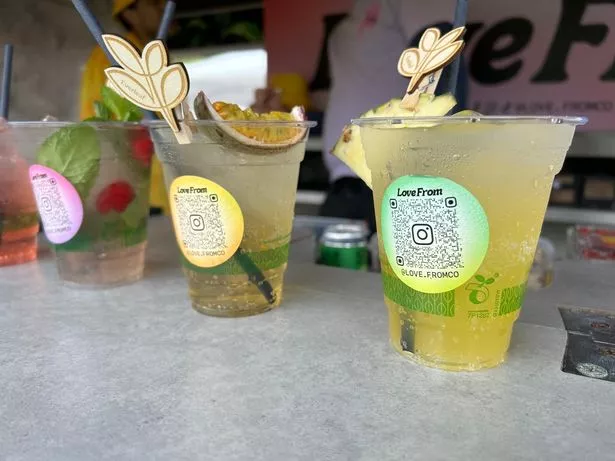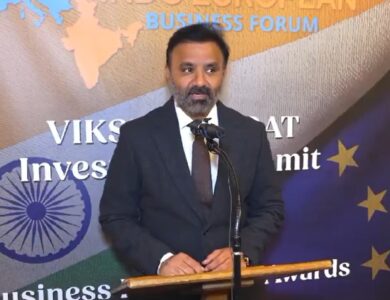Manchester’s Alcohol-Free Bar Shuts Amid Financial Struggles and Competitive Market

- Manchester’s First Alcohol-Free Bar Closes After Less Than a Year
Manchester’s pioneering alcohol-free bar, Love From, is set to close its doors after operating for less than a year. Founder Karl Considine, 39, has pointed to a need for a “mindset change” in Britain’s approach to drinking as part of the reason for the closure.
Opened in January on Aytoun Street following a successful trial run, Love From aimed to challenge the notion that alcohol is necessary for a good time. The bar offered a variety of alcohol-free cocktails priced at £7.50 and zero percent pints of beer for £6.
Despite a promising start, the bar struggled to maintain momentum. Considine announced in July that the establishment would be closing, citing the challenging financial climate and intense competition within Manchester’s city centre.
“We had a strong start, benefiting from the estimated 8.5 million people who abstain from alcohol in January,” Considine explained. “However, as the months progressed, our footfall dwindled.”
He noted that many people participate in “Dry January” and often extend their alcohol-free period after experiencing the benefits. “We observed this trend among our customers,” he said. “But with the arrival of warmer weather, people tend to revert to drinking, especially when socializing outdoors.”
Events like the Euros also impacted the bar’s patronage. “During the tournament, nearby bars were packed while we remained empty,” Considine observed. “There’s some novelty in what we offer, and although we had regulars, many people only visited once.”
Research indicates that 18 to 24-year-olds are almost twice as likely to abstain from alcohol compared to the general population, and nearly a third of people across all age groups aim to reduce their alcohol intake in 2024. Alcohol-free bars have found success in cities like London and Brighton.
Considine, who has been sober for over three years, reflected on the paradox of his bar’s experience. “It’s ironic. Many people were surprised by our closure, saying, ‘Everyone’s alcohol-free now,’” he remarked. “But there’s a gap between that perception and actual customer behavior. People still prefer moderation and choice over complete abstinence.”
He also mentioned that the bar faced negative comments online. “We received feedback like, ‘You couldn’t pay me to go there,’ and ‘What a stupid idea,’” he recalled. “One comment even joked about opening a vegan butcher next, which I found quite amusing. It highlights how entrenched the idea of drinking is in our culture.”
Despite the setback, Considine remains committed to promoting alcohol-free options. He plans to shift his focus to pop-up events at festivals, corporate functions, and weddings.
“There’s a growing interest in alcohol-free options, though not necessarily full sobriety,” he concluded. “We’ve learned a lot and will continue to adapt to this trend.”








